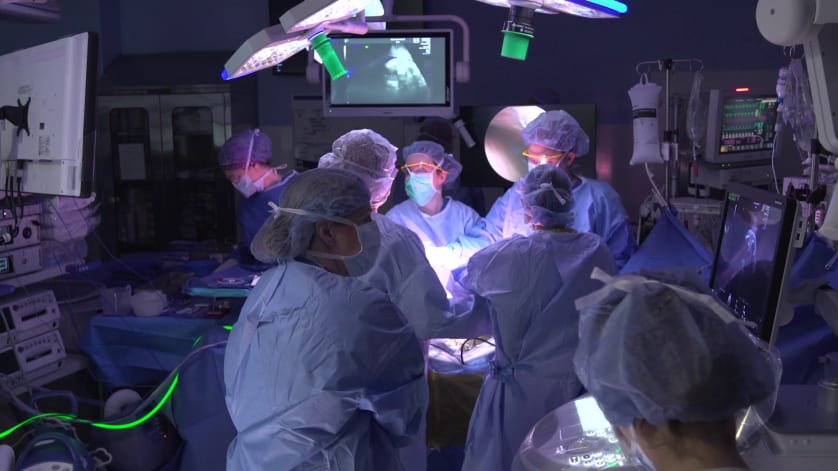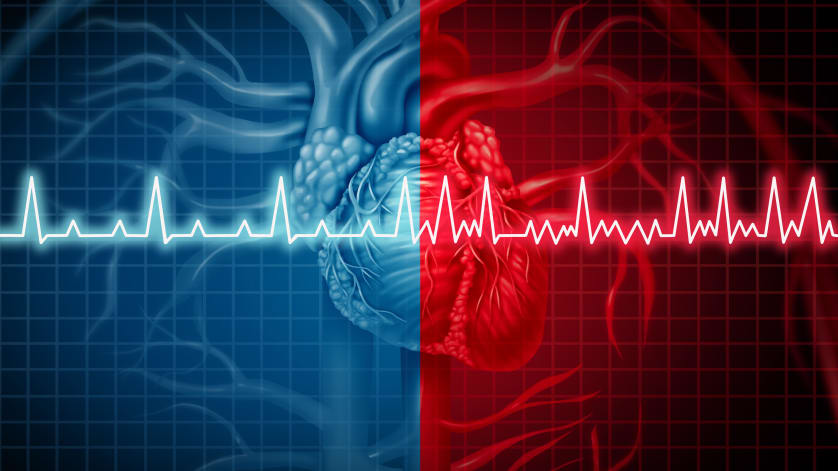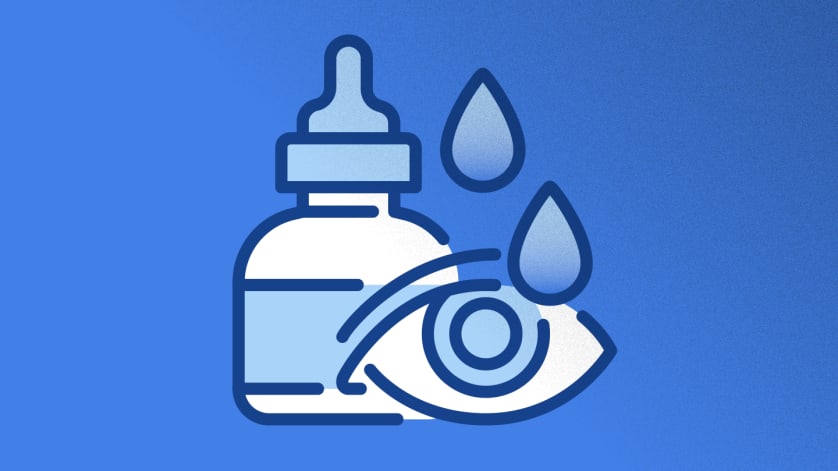
February 11, 2026



February 10, 2026
Keck Medicine of USC


Stay up to date with the latest clinical headlines and other information tailored to your specialty.
Thank you for signing up for the Daily News alerts. You will begin receiving them shortly.


January 29, 2026
Baptist Health South Florida

January 28, 2026
The ASCO Post
